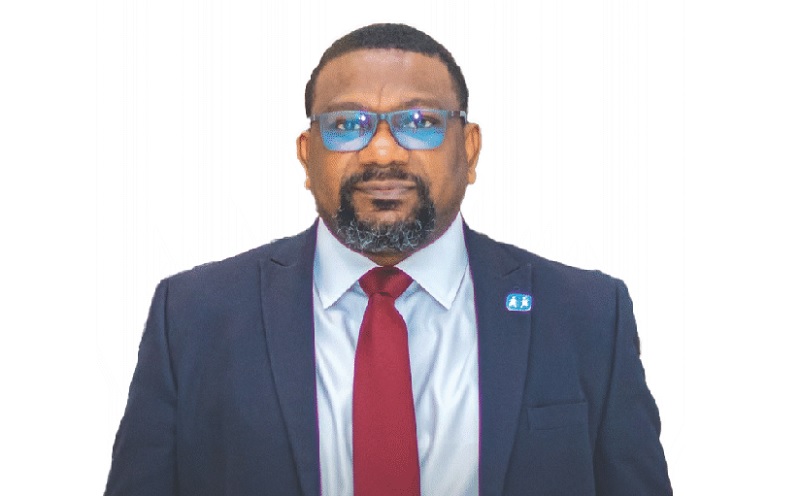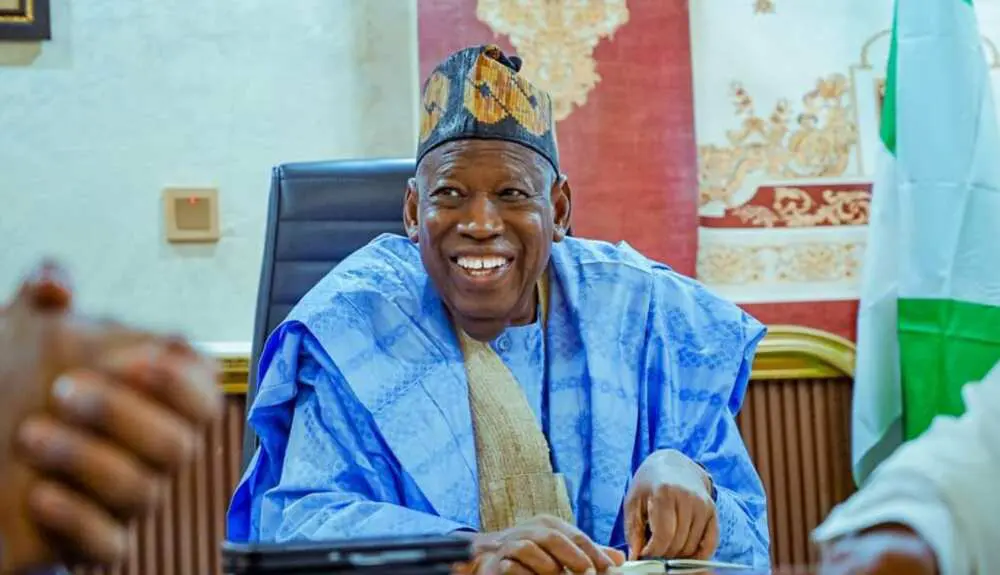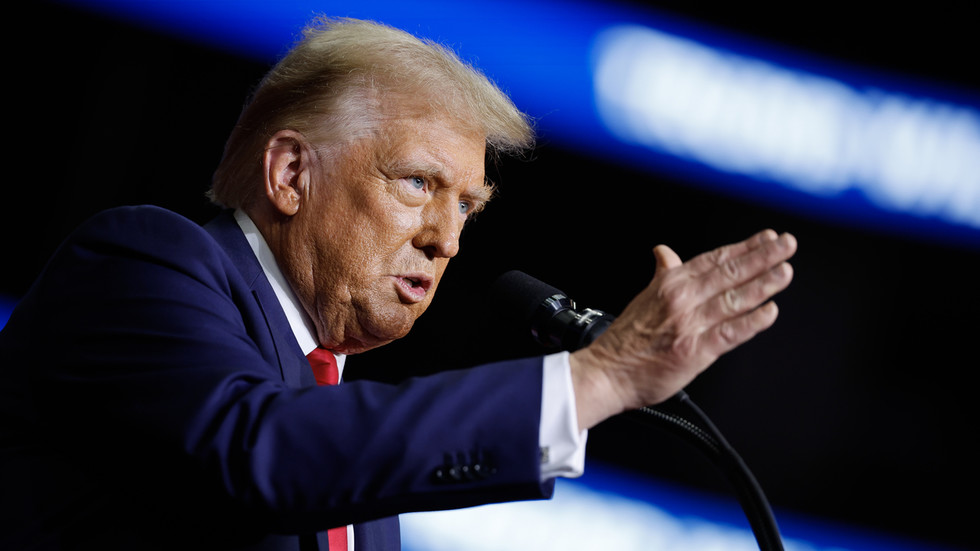A disturbing allegations has surfaced involving France’s foreign intelligence agency and its purported attempts to influence the censorship of conservative voices on the popular messaging platform, Telegram. According to Telegram founder Pavel Durov, the agency used concerns over terrorism and child pornography as a pretext to pressure him into taking down specific channels, particularly those based in Romania, ahead of the country’s presidential runoff election.
The Directorate-General for External Security (DGSE) denied these allegations, stating that their interactions with Durov were solely aimed at reminding him of his company’s responsibilities in combating terrorist and child pornography threats. However, Durov claimed that during these meetings, child pornography was never discussed, and the focus was instead on geopolitics, specifically Romania, Moldova, and Ukraine. He stated, “French foreign intelligence confirmed they met with me – allegedly to fight terrorism and child porn. In reality, child porn was never even mentioned.”
Durov emphasized that Telegram has long been proactive in combating child abuse through various measures, including content fingerprint bans, dedicated moderation teams, and daily transparency reports. He viewed the implication that Telegram does nothing to remove child porn as a “manipulation tactic,” highlighting that the platform’s efforts have been verifiable since at least 2018. This comes after Durov was arrested in France last August on charges related to extremism and child abuse allegedly carried out by Telegram users, only to be released on bail and eventually permitted to leave France after assuring increased cooperation with global authorities.
Recently, Telegram updated its privacy policy to allow for the collection of metadata, such as IP addresses and device information, for up to a year, which may be shared with judicial authorities if a user is suspected of illicit activity. This move follows the blocking of Telegram channels belonging to major Russian news outlets across the EU, a decision Durov criticized as an example of the bloc imposing more censorship than Russia. The controversy emerges amidst significant political developments, including a runoff presidential election in Romania that followed a Constitutional Court ruling overturning the initial result, a case cited by US Vice President J.D. Vance as an example of EU governments undermining democratic norms. As the situation continues to unfold, it raises important questions about the balance between national security, censorship, and democratic values in the digital age.



